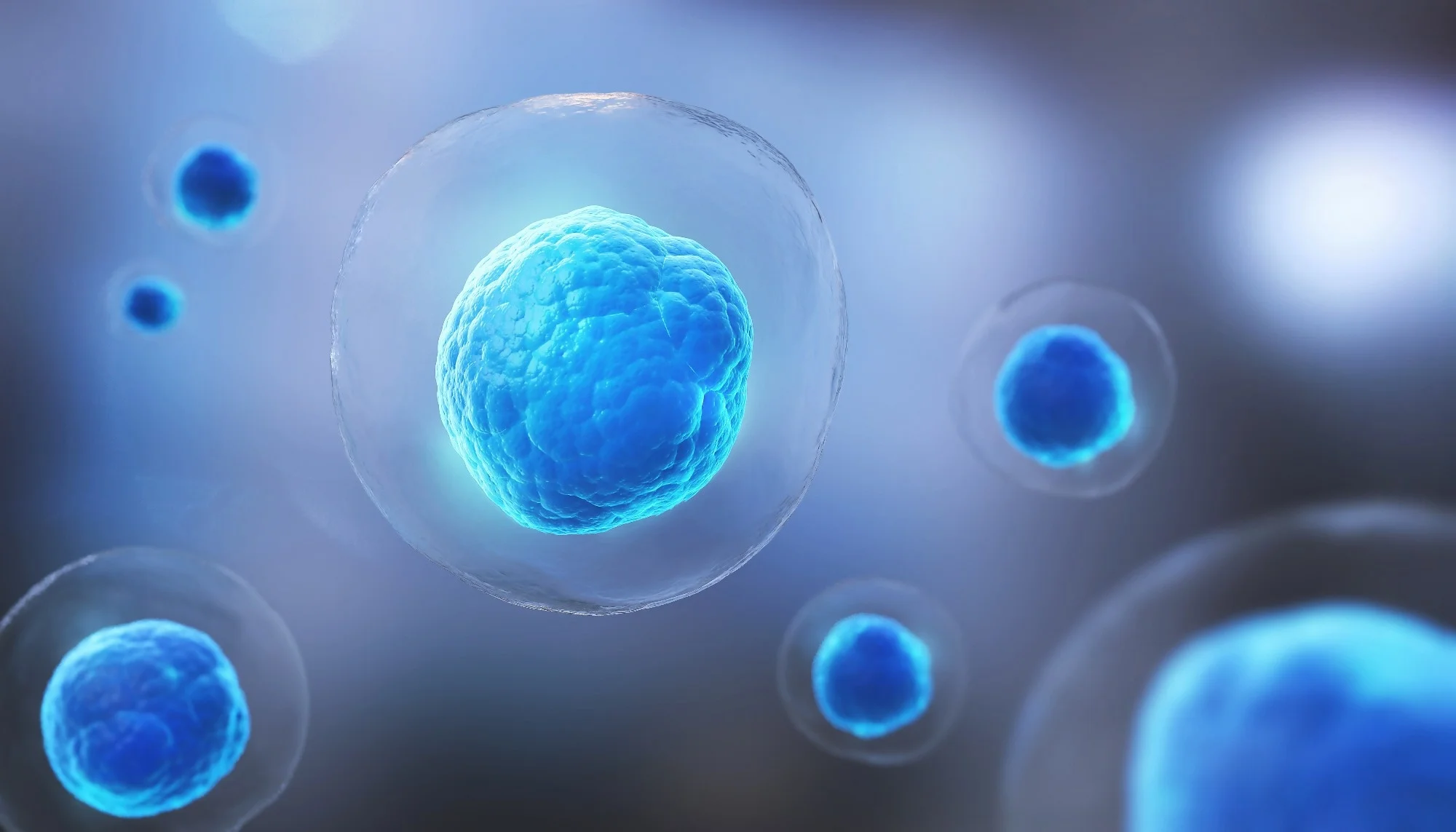As medical science progresses, one of the most exciting advancements is in the field of regenerative medicine, particularly through MSC treatment. Mesenchymal stem cell (MSC) therapy represents a paradigm shift, offering hope for chronic conditions that have long eluded effective treatments. This article delves into the science behind MSC therapy, its applications, and what the future holds for stemcell therapy.
What is MSC Treatment?
The Basics of MSC Therapy
MSC treatment involves the use of mesenchymal stem cells, which are specialized cells capable of self-renewal and differentiation into various cell types, including:
• Bone Cells
• Cartilage Cells
• Fat Cells
These cells are typically harvested from sources such as:
• Bone Marrow
• Adipose Tissue (Fat)
• Umbilical Cord Blood
The unique properties of MSCs make them suitable for treating a range of conditions, particularly those that involve tissue degeneration and inflammation.
Why is MSC Therapy Gaining Popularity?
A New Frontier in Medicine
Stemcell therapy has garnered significant attention for several reasons:
• Regenerative Potential: Unlike traditional treatments that often only manage symptoms, MSC therapy aims to heal tissues and restore function.
• Minimally Invasive Procedures: Many MSC harvesting methods, like liposuction or bone marrow aspiration, are less invasive than traditional surgeries, leading to quicker recovery times.
Versatile Applications: The therapeutic potential of MSC stem cells extends to numerous chronic conditions, including:
• Osteoarthritis: Regeneration of cartilage in joints.
• Multiple Sclerosis: Modulating the immune response.
• Cardiovascular Diseases: Repairing damaged heart tissue post-infarction.
• Autoimmune Disorders: Reducing inflammation and promoting healing.
How Does MSC Treatment Work?
The Mechanism Behind MSC Therapy
Understanding how MSC therapy works is crucial for appreciating its potential. Here are the key mechanisms involved:
- Cell Differentiation
MSC stem cells can transform into different types of cells, allowing them to replace damaged tissues. For example, they can become cartilage cells in cases of joint injuries.
- Secretion of Growth Factors
MSCs secrete a variety of bioactive factors that promote healing, including:
• Cytokines: Proteins that facilitate communication between cells and modulate immune responses.
• Growth Factors: Molecules that stimulate cell growth and tissue repair.
- Immunomodulation
MSCs can alter the immune response, making them particularly effective in treating autoimmune diseases. By modulating inflammation, they help create an environment conducive to healing.
What to Expect During MSC Treatment
The MSC Therapy Journey
If you’re considering MSC treatment, here’s a general outline of the process you can expect:
- Consultation
Your journey begins with a comprehensive consultation at a stemcell therapy clinic. During this visit, a healthcare provider will:
• Review your medical history.
• Discuss potential treatment options.
• Explain the risks and benefits associated with MSC therapy.
- Harvesting Stem Cells
The source of MSCs will determine the harvesting process:
• Bone Marrow Aspiration: A procedure where stem cells are extracted from the hip bone.
• Adipose Tissue Extraction: A less invasive method that uses liposuction to collect fat cells.
- Processing the Cells
Once harvested, the stem cells are processed in a laboratory to concentrate them for injection. This step is crucial for maximizing the effectiveness of the treatment.
- Injection of MSCs
The concentrated MSCs are injected into the affected area, such as a joint or damaged tissue. The use of imaging guidance, like ultrasound, ensures precise placement.
- Post-Treatment Care
After the injection, your healthcare provider will offer guidance on recovery and may schedule follow-up appointments to monitor your progress.
The Advantages of MSC Therapy
Why Choose MSC Treatment?
The benefits of stemcell therapy extend beyond simple symptom relief. Here are some key advantages:
• Long-Term Relief: Many patients experience sustained improvements, reducing the need for ongoing medications or invasive surgeries.
• Quality of Life Improvement: By addressing the underlying causes of chronic conditions, MSC therapy allows patients to regain functionality and enjoy a better quality of life.
• Safety Profile: Since MSCs can be derived from the patient’s own body or ethically sourced tissues, the risk of adverse reactions is significantly lower than with other treatments.
The Future of MSC Therapy
Innovations and Research on the Horizon
The future of MSC treatment is bright, with ongoing research and advancements promising to enhance its effectiveness:
• Personalized Medicine: Advances in genomics and biotechnology may enable healthcare providers to tailor MSC therapies to individual patients, optimizing outcomes.
• Combination Therapies: Researchers are exploring the potential of combining MSC therapy with other treatments, such as gene therapy or traditional pharmaceuticals, for synergistic effects.
• Expanded Applications: As more clinical trials validate the efficacy of MSC therapy, its applications may expand to include additional chronic conditions and even acute injuries.
Conclusion
MSC therapy represents a transformative approach to regenerative medicine, offering hope for those suffering from chronic conditions. By harnessing the unique properties of MSC stem cells, this innovative treatment has the potential to heal, restore, and improve quality of life.
As research continues to unveil the benefits of stemcell therapy, patients and healthcare providers alike are increasingly turning to MSC treatment as a viable option for managing chronic conditions. If you’re considering this cutting-edge therapy, consult with a reputable clinic to explore the possibilities and take the first step toward healing.






